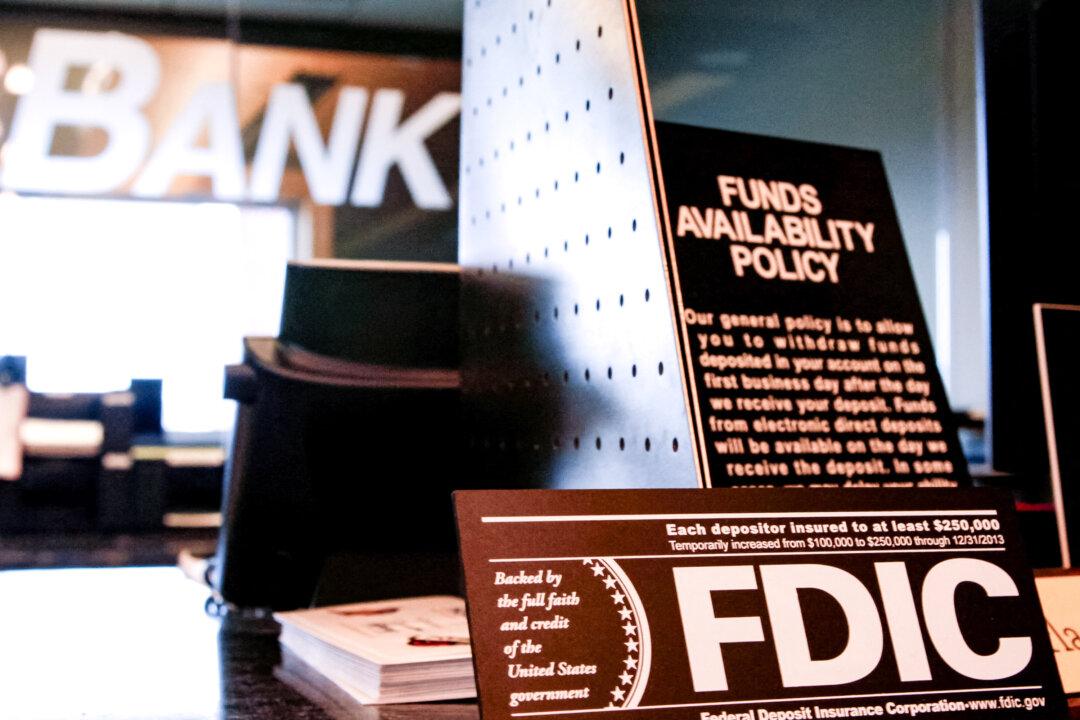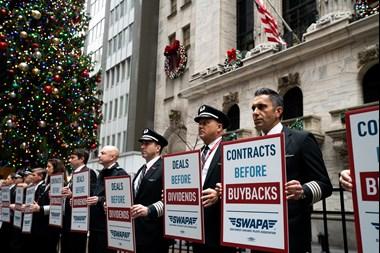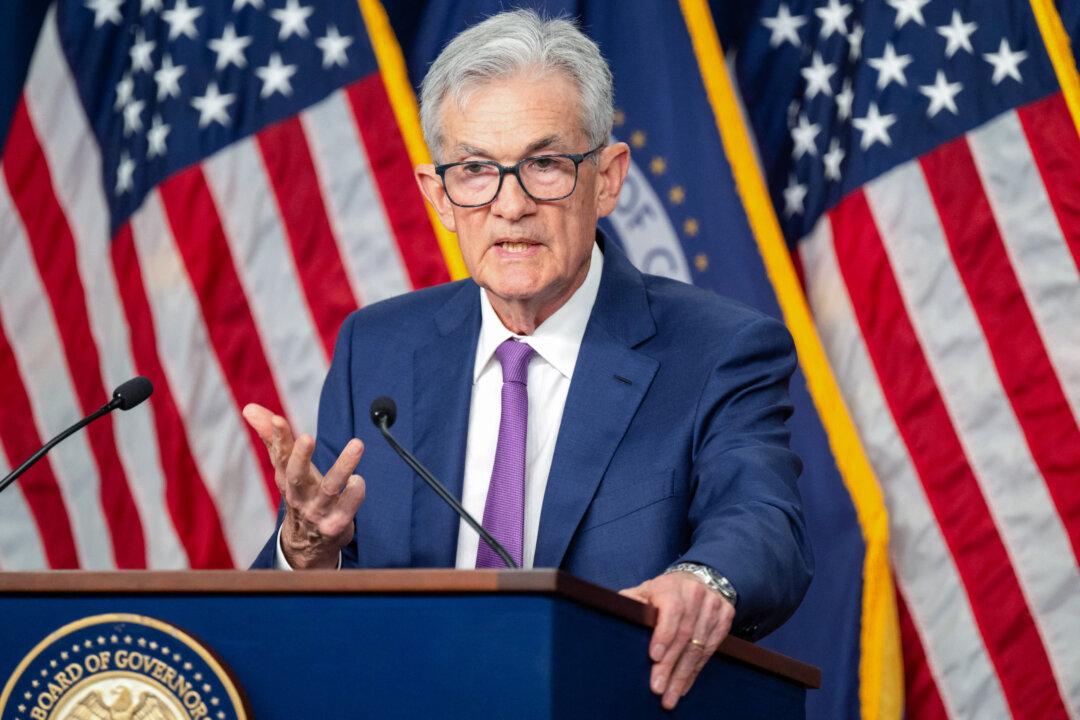Commentary
As we commemorate the founding of the United States of America on this Fourth of July, 2022, it’s important to remember that after the founders affixed their names to the Declaration of Independence in 1776, they would face war against King George until the surrender at Yorktown in the fall of 1781. Even then, there was but a precarious peace until the Treaty of Paris was agreed by the British in 1783. Just a generation later, from 1812 to 1814, British troops were again at war with our nascent republic, laying siege to the new American capital in Washington and setting the White House afire, among other things.





